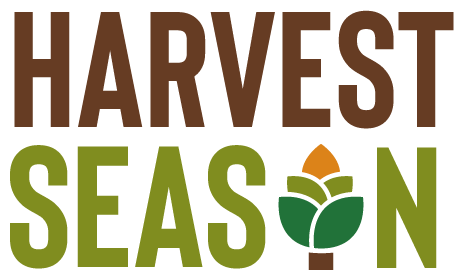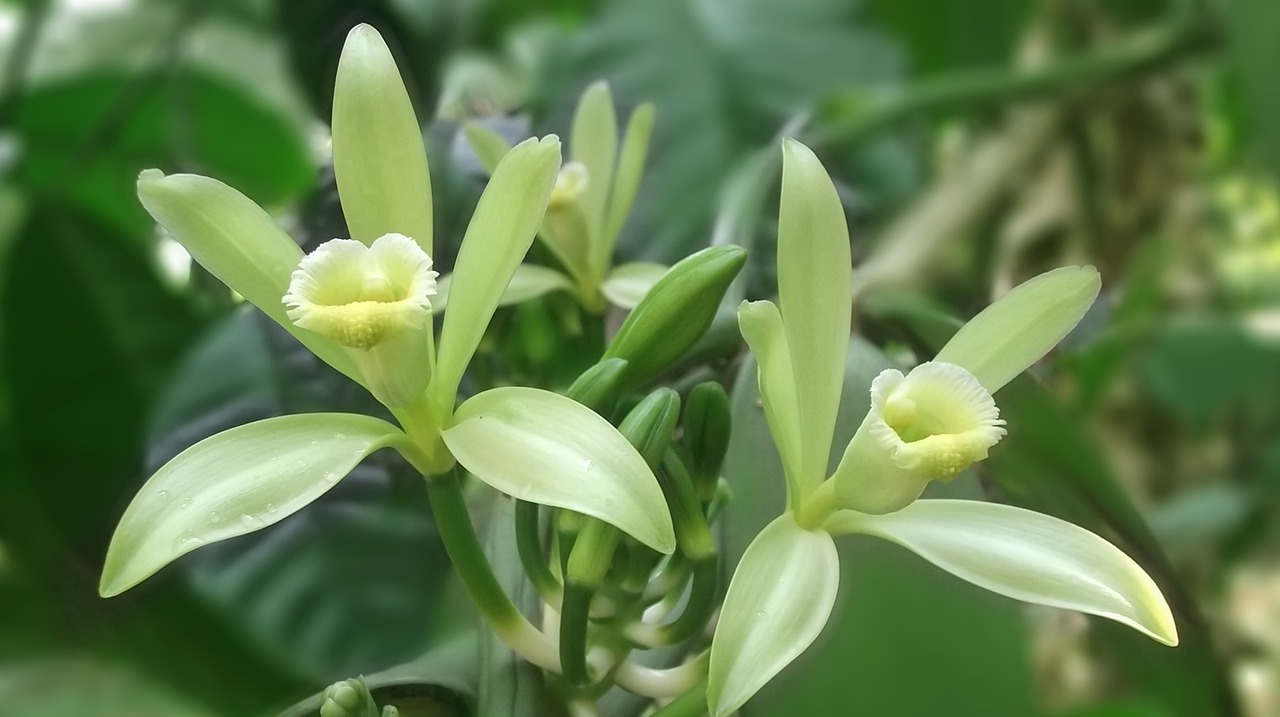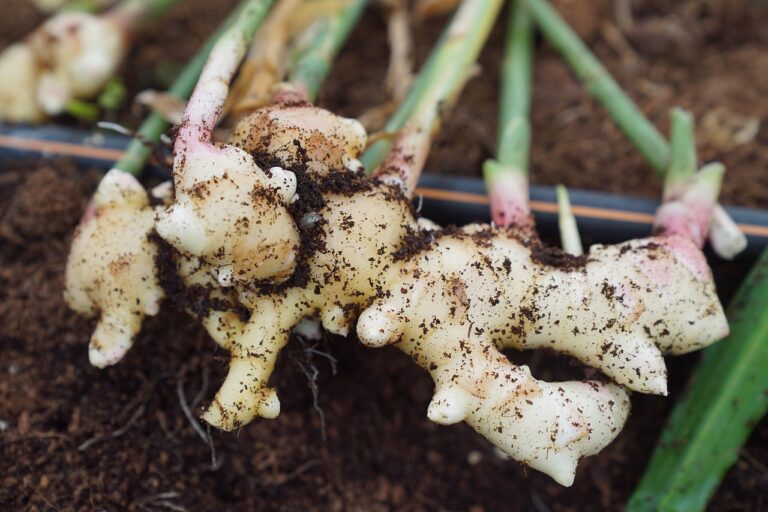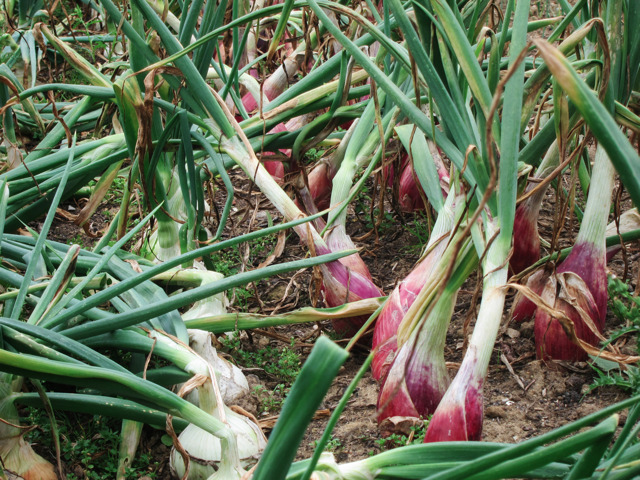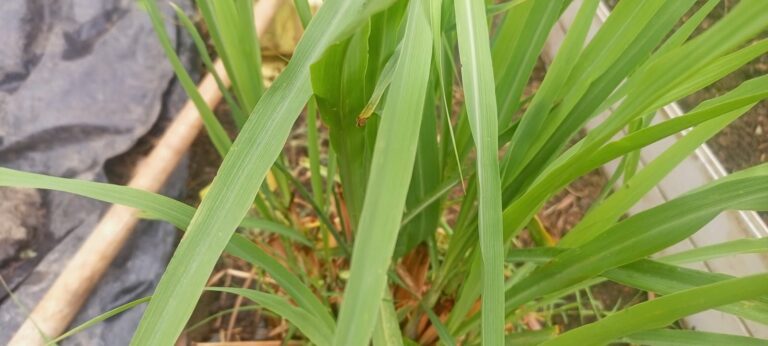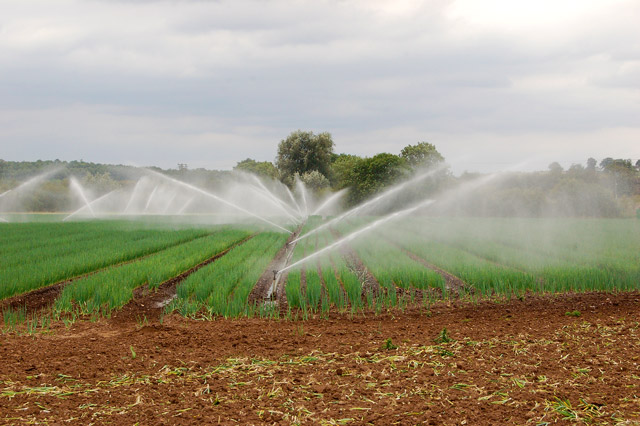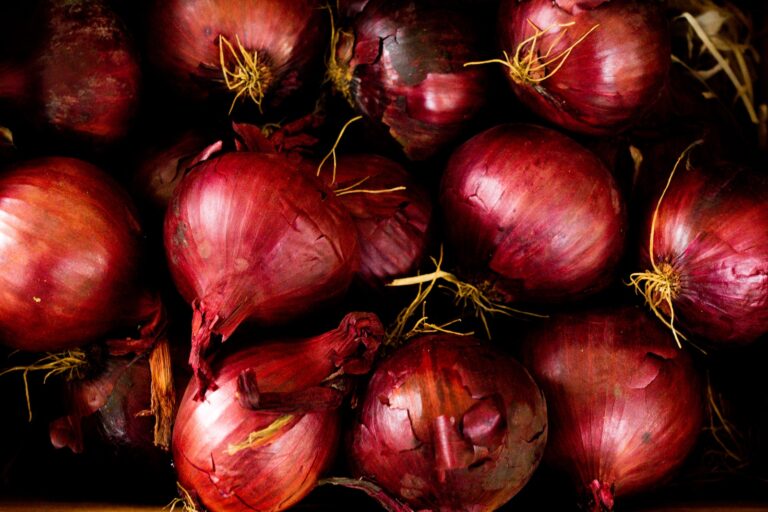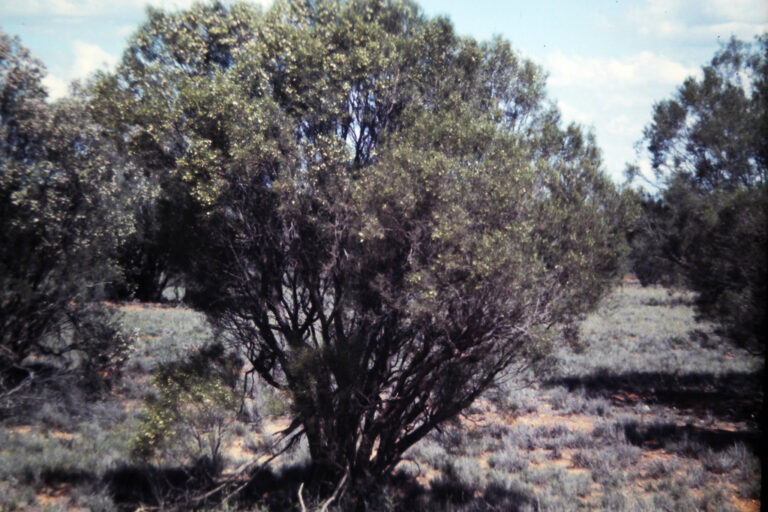Can Vanilla Thrive in Kenya? Exploring Its Sweet Potential
Vanilla is a popular flavoring used in various food and beverage products, from ice cream to baked goods. It comes from the vanilla orchid plant, which is native to Mexico and Central America. The pods are hand-pollinated and then cured, resulting in the aromatic and flavorful product we know as vanilla.
Contents
Brief Overview of Vanilla and Its Uses
Vanilla has been used for centuries in cooking and baking, but it also has a range of other uses beyond just adding flavor. It can be used as a natural remedy for certain ailments and can even be found in some perfumes. Vanilla extract is often added to cleaning solutions for its pleasant scent.
Question: Can Vanilla Grow In Kenya?
Kenya is known for its agriculture industry, exporting goods such as tea, coffee, and flowers. But can vanilla grow successfully in Kenya?
While vanilla plants typically thrive in tropical climates with high humidity levels, there are several factors that need to be considered before determining if they can grow well in Kenya’s climate. In the next sections, we will explore the basics of the vanilla plant and what it needs to grow, as well as the history of vanilla cultivation in Kenya and the current state of production.
We will also discuss the benefits and uses of vanilla beyond flavoring food products. By the end of this article, we hope to answer whether or not it is possible for Kenyan farmers to successfully cultivate this valuable crop.
Vanilla Plant Basics
Description of the Vanilla Plant
Vanilla is a member of the orchid family and is a climbing vine that can grow up to 30 feet long. It has fragrant, trumpet-shaped flowers that are usually pollinated by hand due to the plant’s natural pollinators being limited in number. Once pollinated, green beans appear on the plant which grow and mature into the flavorful vanilla pods that are harvested for use.
Requirements for Vanilla Growth
Vanilla plants require specific conditions in order to grow successfully. They need a warm, humid climate with temperatures ranging from 77-95°F and high humidity levels between 80-85%.
The soil must be well-draining with adequate moisture and nutrients available. The plant also requires support in order to climb, such as trees or poles.
Climate Conditions Suitable for Vanilla Growth
In Kenya, vanilla can be grown in areas with an altitude ranging from 0-1,500 meters above sea level. These areas have warm temperatures throughout most of the year and receive adequate rainfall during both rainy seasons.
Coastal areas are particularly suitable for vanilla cultivation due to their high humidity levels. However, it is important to note that Kenya’s climate can vary greatly between regions, so it is important for farmers to research and choose locations with suitable conditions before planting vanilla.
History of Vanilla in Kenya
Vanilla is a tropical orchid that is native to Mexico but is now grown worldwide. In Kenya, vanilla cultivation began in the early 1900s but only gained popularity in the 1980s.
The cultivation of vanilla was initially done by local communities and small-scale farmers, who only used it for their domestic consumption. In the 1990s, vanilla exportation became a significant source of income for Kenyan farmers.
Challenges Faced by Kenyan Farmers in Growing Vanilla
Despite its potential as a profitable crop, vanilla cultivation has faced many challenges in Kenya. One significant challenge that Kenyan farmers face is competition from larger producers like Madagascar and Uganda. These countries have been producing vanilla for much longer and have more established markets and infrastructure for its trade.
Another challenge faced by Kenyan farmers is the high cost of production due to limited access to high-quality fertilizers, pesticides, and equipment necessary for successful cultivation. Furthermore, vanilla plants require specific soil conditions and need consistent care throughout their growth cycle; hence lack of proper knowledge on how to cultivate it can lead to frequent failures.
Additionally, weather patterns such as unpredictable rainfall can also affect yield quality negatively. Despite these challenges facing Kenyan farmers’ efforts to cultivate this valuable crop- they remain persistent continually searching for ways to address these issues so that they too can benefit from selling this valuable spice on the global market.
Current State of Vanilla Cultivation in Kenya
Kenya is a country that has been producing vanilla for decades and is known to produce some of the finest flavored beans in the world. However, the production of vanilla in Kenya has not been consistent and has been on a decline for the past few years.
In 2019, Kenya produced only 40 metric tons of vanilla, which was a significant decrease from previous years. Despite this, there are still some Kenyan farmers who have successfully grown and sold vanilla.
Statistics on current vanilla production in Kenya
According to statistics from the Kenyan government, there are currently around 5,000 farmers growing vanilla in the country. However, this number is relatively small compared to other countries such as Madagascar and Uganda. The low production levels can be attributed to various factors such as disease outbreaks, lack of proper infrastructure, and market dynamics.
Success stories of Kenyan farmers who have grown vanilla
Despite these challenges, there are still some success stories among Kenyan farmers who grow vanilla. One such farmer is Samuel Ndungu from Kiambu County.
Ndungu started growing vanilla on his farm back in 2015 after attending a training program organized by a local NGO. Today he harvests over 2000 pods each season which fetches him around Ksh500 per pod translating to Ksh1 million per season!
Another successful farmer is Muthomi Thiankolu from Meru County who grows organic high-quality Vanilla Bourbon using innovative techniques he learned online. These success stories demonstrate that even though it may be challenging to grow and sell vanilla in Kenya due to various factors such as disease outbreaks or market dynamics; with proper training and innovative techniques; one can achieve great success while contributing significantly to their community’s economy!
Benefits and Uses of Vanilla
Vanilla is more than just a flavoring agent for food. The sweet, fragrant spice has been used for centuries in various cultures for medicinal purposes, perfume, and even aphrodisiac qualities.
Its calming scent can also aid in reducing stress and anxiety levels. In fact, the aroma of vanilla has been shown to increase feelings of happiness and contentment.
The Economic Potential for Kenyan Farmers who Grow and Sell Vanilla
Kenyan farmers who grow vanilla have the potential to tap into a lucrative market with high demand worldwide. Vanilla is the world’s second-most expensive spice after saffron, with prices reaching up to $600 per kilogram. With the right conditions and techniques, Kenyan farmers can produce high-quality vanilla beans that are sought after by gourmet chefs and manufacturers of premium food products.
The economic potential doesn’t end there either – beyond simply selling raw vanilla beans, Kenyan farmers can also process their crops into value-added products such as vanilla extract or powdered vanilla. This allows them to earn even more income from their harvest while providing a wider variety of options to customers.
Growing vanilla in Kenya isn’t just possible – it’s highly beneficial for both farmers and consumers alike! By taking advantage of its numerous applications beyond flavoring food, Kenyan farmers have the opportunity to enter a profitable industry that continues to grow in demand year after year.
Conclusion
After researching the climate and soil conditions needed for vanilla growth, as well as the history and current state of vanilla cultivation in Kenya, it can be concluded that vanilla can indeed grow in Kenya. Although there have been challenges faced by Kenyan farmers in growing this crop, some have seen success and there is potential for more to do so.
Overall, there is great potential for Kenyan farmers to cultivate and sell vanilla. Beyond its use as a flavoring agent, vanilla has various benefits such as being used in medical treatments and perfumes. With the right support and resources, Kenyan farmers could tap into this growing market and boost their economic status.
It is important for both government and private entities to provide support to these farmers through training on best practices, financing options, and access to markets both locally and internationally. By doing so, we could see a rise in successful vanilla production throughout Kenya.
